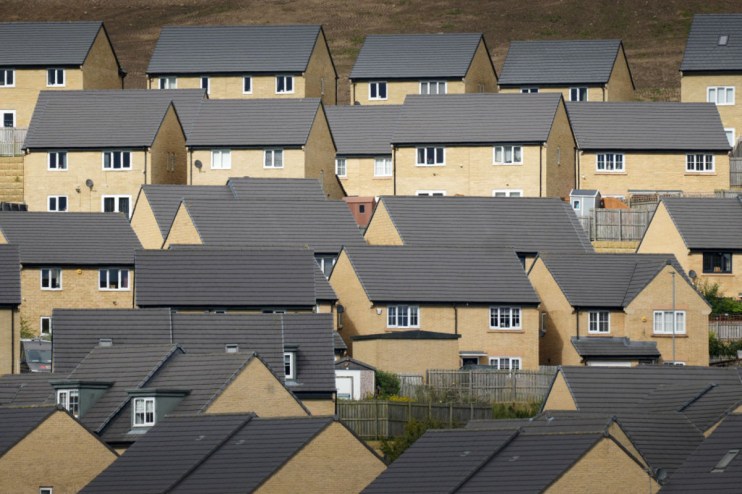Autumn Budget 2024: Reeves commits £5bn for Government housebuilding programme

Chancellor Rachel Reeves has committed in the Budget to more than £5bn of investment over 2025-2026 to deliver the Government’s ambitious plans on housing next year.
In the Budget, Reeves announced a range of measures to support Labour’s target, including skills training, reforms to the planning system and additional assistance for affordable housing.
She also committed to £3bn of additional support for SMEs and the build-to-rent sector – in the form of housing guarantee schemes – to support the private housing market.
Reeves said the government will provide £46m of additional funding to support recruitment and training of 300 graduates and apprentices into local planning authorities.
Labour will accelerate large sites that are “stuck in the system”, and “boost and upskill local planning authority capacity to deliver the government’s wider reform agenda”.
A host of previously-announced schemes were confirmed, with £56m invested to build 2,000 new homes at Liverpool Central Docks, a £25m investment in a new joint venture to deliver 3,000 energy‑efficient affordable new homes across the country, and £47m of funding to support 28,000 homes “stalled” in the system.
Adrian Watts, CEO at Croudace Homes, said: “Starmer’s Labour government has been clear from day one that they want to deliver on housing, a staunch contrast to their predecessor, with housing ministers in recent years causing political unrest for our industry.
“Labour has stuck true to their word so far, wasting no time in ripping up archaic and restrictive planning regulations and supporting housebuilders, particularly SMEs, in their development programmes. Housebuilding is a vital cog within the country’s economy, and without the right support, this will have huge ramifications for economic growth.”
Wayne Douglas, managing director of City & Country, said: “It is heartening to see a budget so jam packed with the promise of economic growth built on the shoulders of the housebuilding industry.
“Previous governments have tinkered around the edges with changes to stamp duty and Help to Buy, but we know there is a chronic issue that runs far deeper,” he added.
Douglas said that “resourcing local councils with more planners and funding to unlock unused land is a vital first step” but that “the missing puzzle piece is how the government will give SMEs the tools and environment to deliver.”
“A significant barrier to viable operation is the cost of finance… SME developers often struggle to break even on a building project and the cost of borrowing is a huge factor.”
Chancellor commits to supporting affordable housing
The government will add £500m to the Affordable Homes Programme to “kickstart the biggest increase to social and affordable housebuilding in a generation”, Reeves said, putting the country “on the path” to building 1.5m homes over this Parliament.
There will be a consultation on a new long‑term social housing rent settlement of CPI plus one per cent for five years, which Reeves said will offer long‑term certainty for social housing providers.
Social rents will increase annually by the Consumer Price Index measure of inflation plus one per cent, giving relief to social housing lenders.
The government will consult on whether further potential measures, such as a 10‑year settlement, “could provide more certainty”.
Discounts on Right to Buy in Budget
In good news for stretched councils but bad news for tenants trying to buy their council house, discounts on the Right to Buy scheme will be reduced, and councils in England will be able to keep all the receipts generated by sales.
The Right to Buy scheme offers a discount on the market price of a council or housing association home to tenants who have lived there for more than three years. The discount rises as the tenant spends longer in the home.
The move should “protect existing council housing stock and boost council capacity”, Reeves said.
